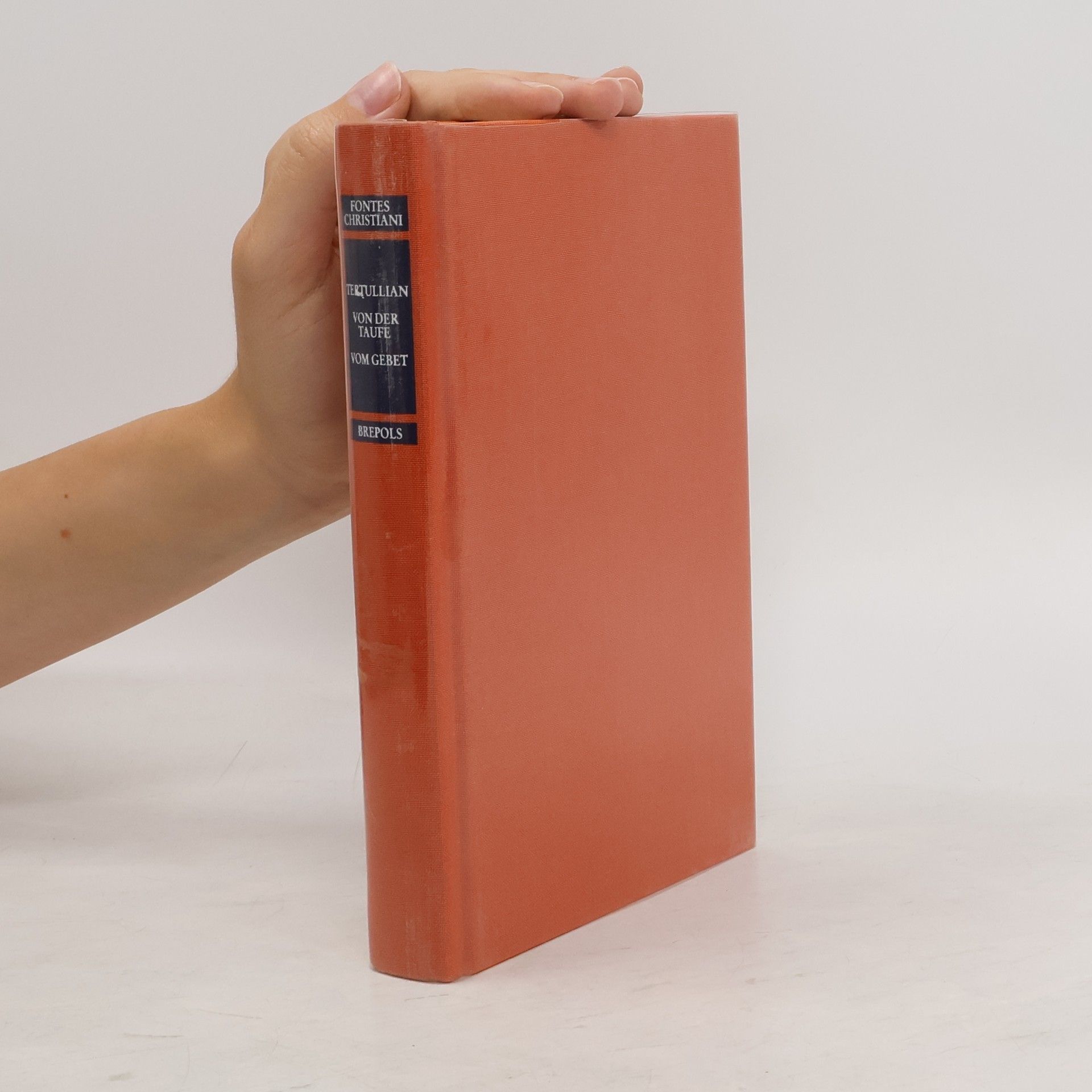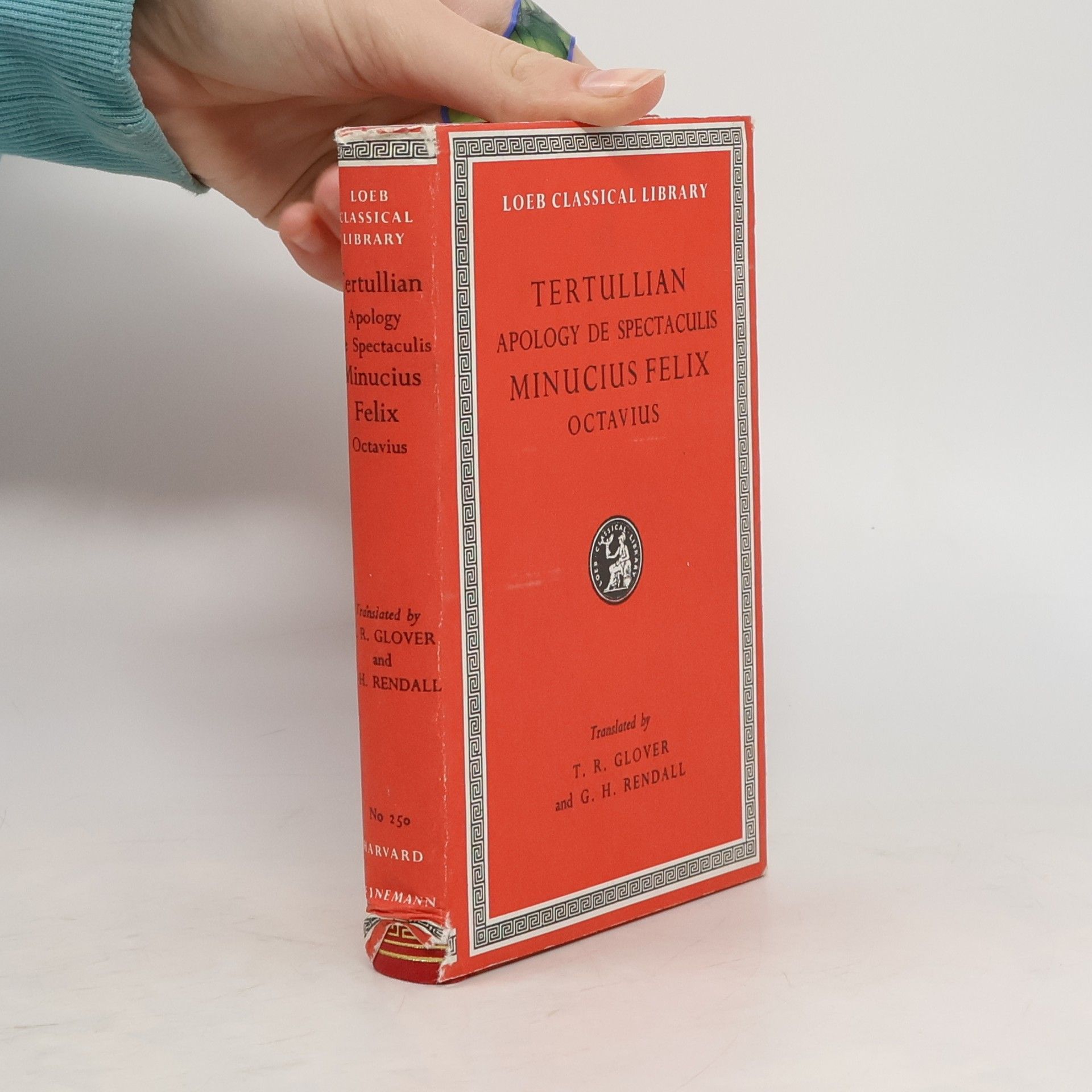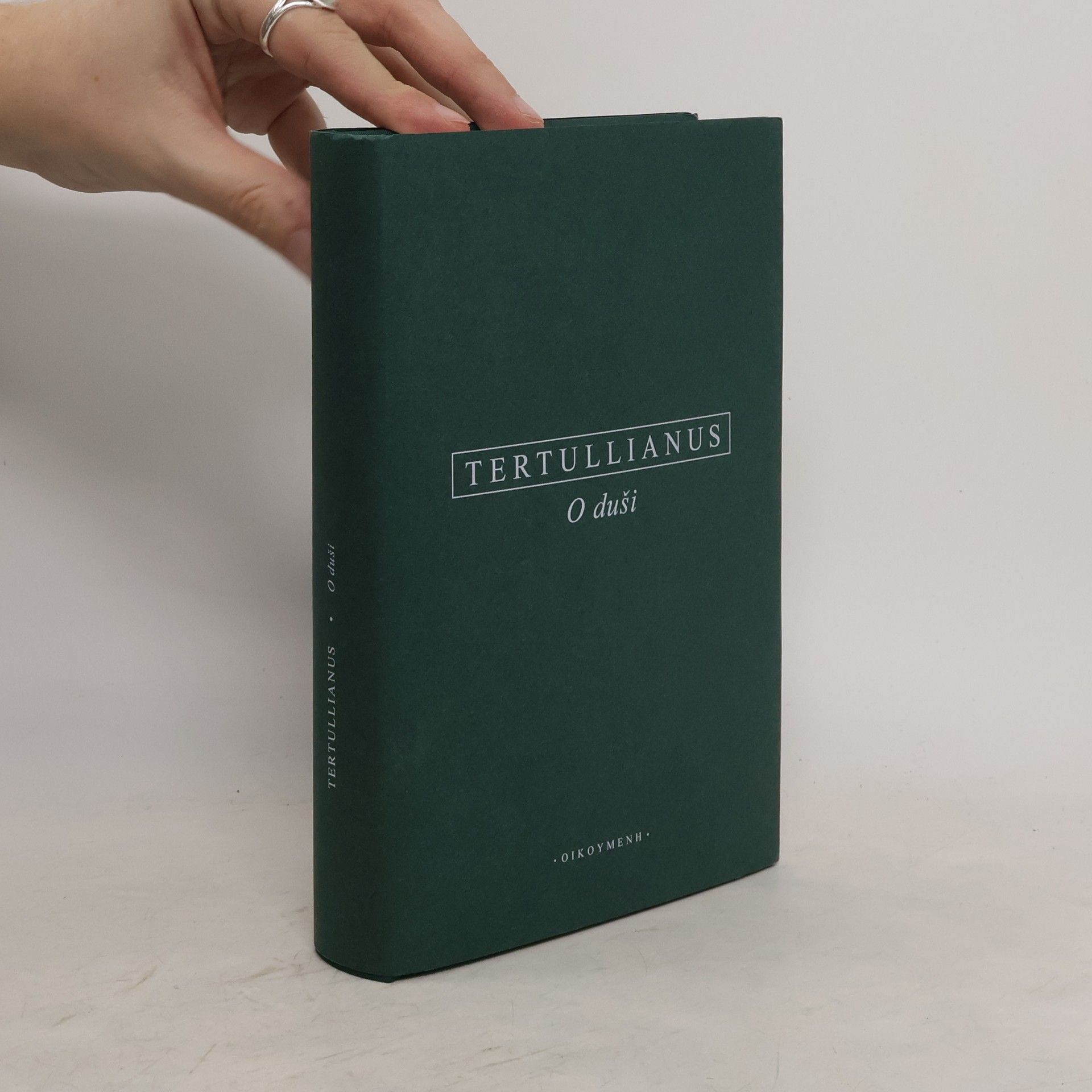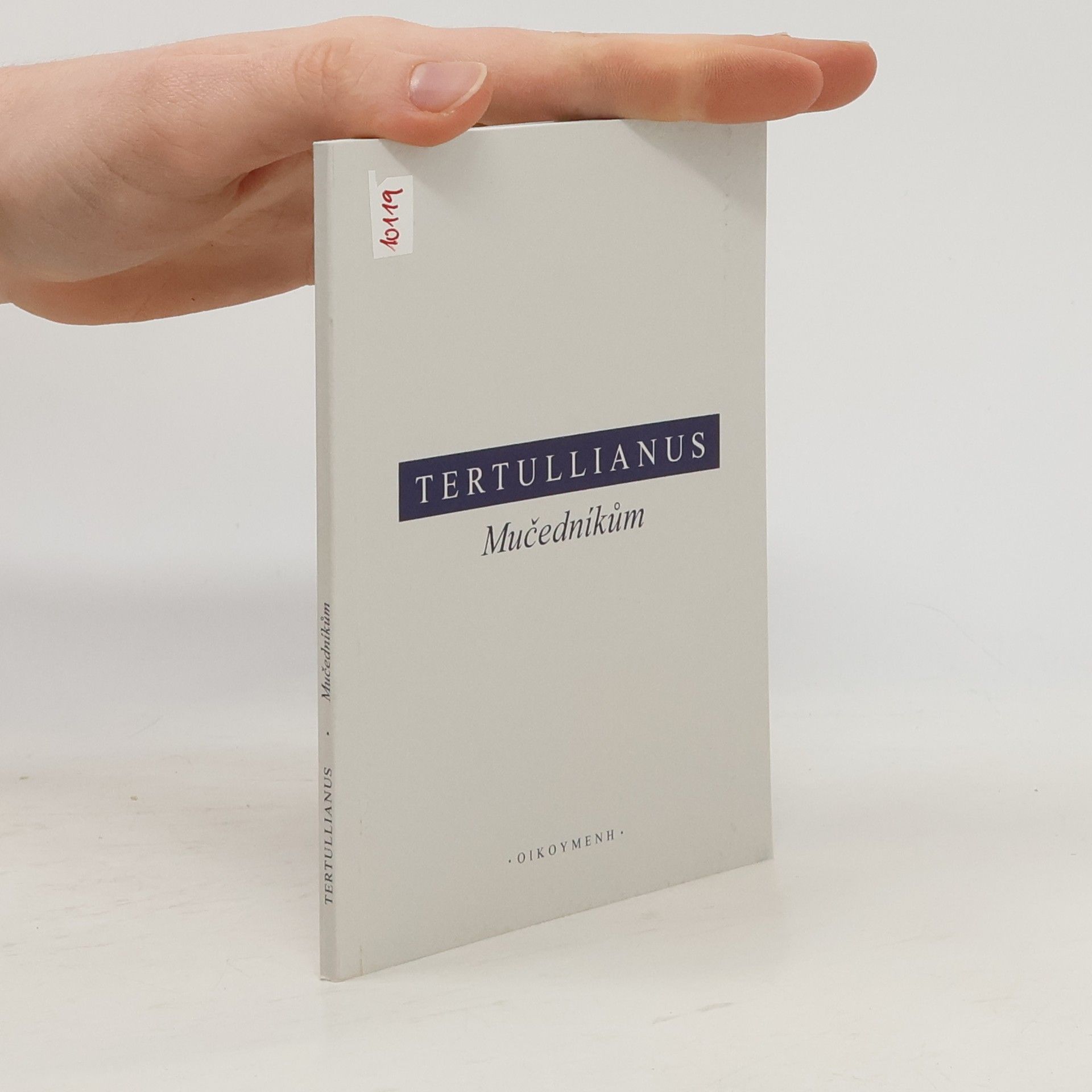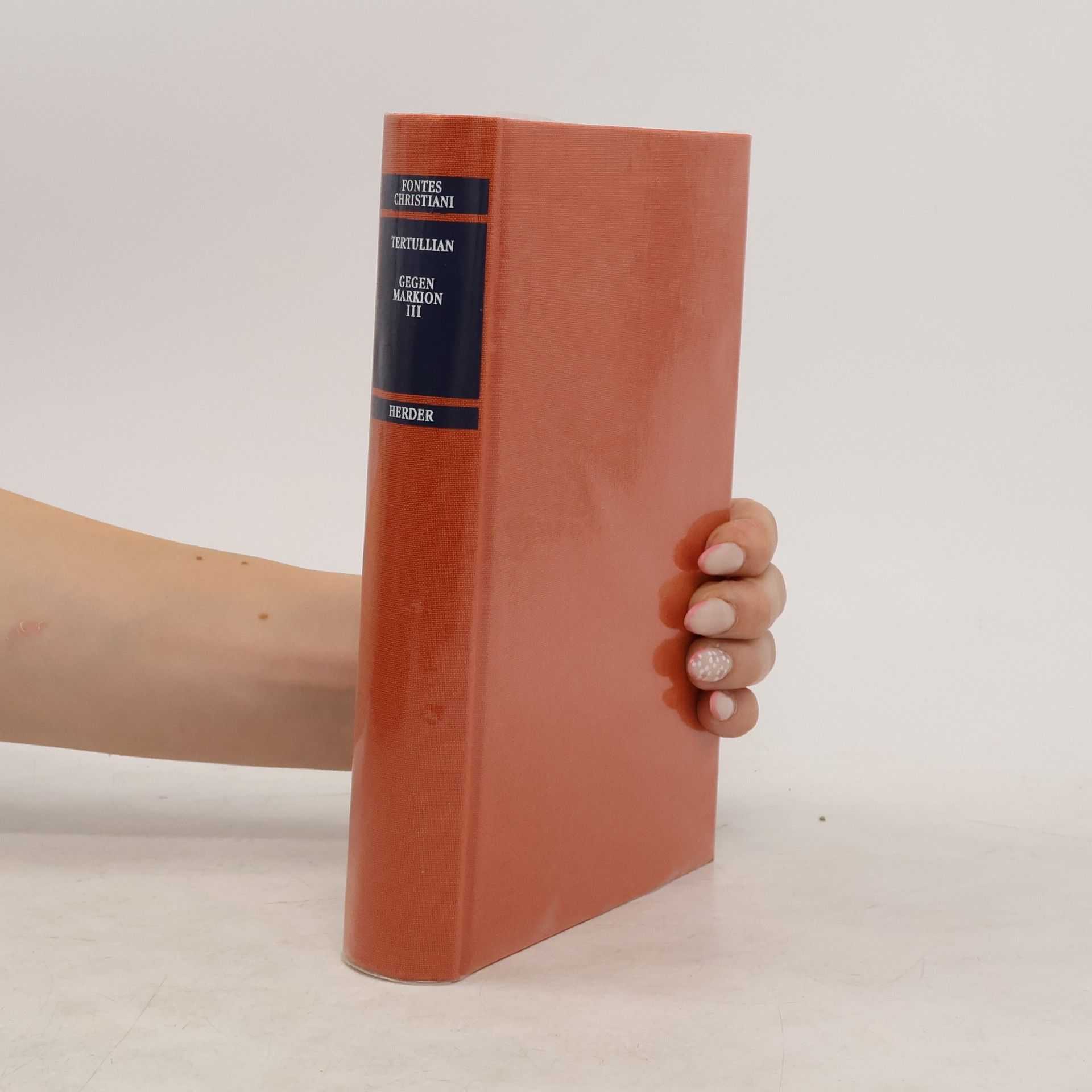O duši
- 485 pages
- 17 hours of reading
Tertullianův rozsáhlý spis De anima („O duši“; napsán kolem roku 210 po Kr.) představuje první zachované pojednání o lidské duši sepsané z křesťanských pozic, a jako takové je ve svém žánru zakladatelským dílem raně křesťanského písemnictví. Pozoruhodný spis, který je rozkročen mezi literaturou, filosofií, teologií a lékařstvím, je nejen polemikou s pohanskými koncepcemi duše, mezi nimiž zaujímá přední místo Platón, tento „hokynář, který v dobré víře prodal všem heretikům svoje koření“, ale formuluje rovněž vlastní koncepci „tělesné duše“ (corporalitas animae), která je v posledku „odnoží“ (tradux) duše Adamovy a předává se při pohlavním styku z rodičů na jejich potomky (tzv. traducianismus). Toto adaptované stoické dědictví, jež je v raně křesťanském myšlení svou propracovaností bezprecedentní, se pro Tertulliana stává nejúčinnější zbraní proti „heretickým“, platonismem ovlivněným naukám o preexistenci a stěhování duší, jež podle něho podkopávají samy základy křesťanského náboženství.

